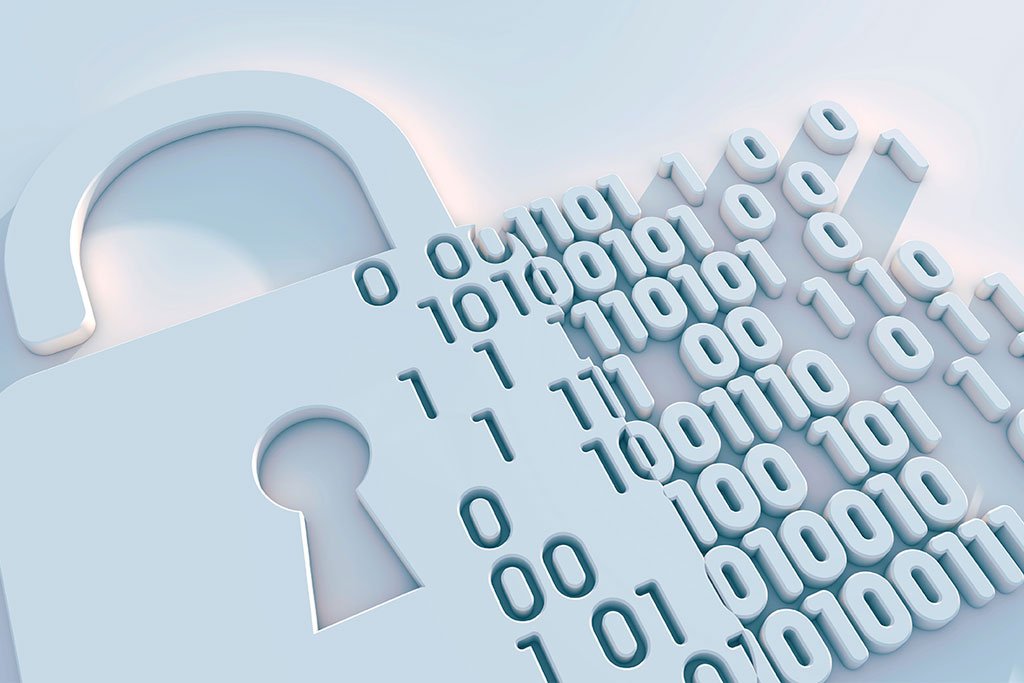High net worth individuals have attorneys, financial advisors and CPAs on call. They seemingly have access to many more financial protections than average citizens. However, high-income earners are still far from immune to fraud, identity theft and related cybercrimes. In fact, they are high-value targets.
In such a threatening environment, the question becomes: What is the best way to mitigate the risks? The answer is to protect yourself and your personal assets much the same way as you would your business.
THINK LIKE A FIRM
Businesses worldwide rely on interconnected banking and commerce systems, organizations that know too well the disruptive and devastating consequences of cyber threats.
With the consolidation of the commercial internet, the adoption of mobile devices and the recent proliferation of the so-called Internet of Things (IoT interconnected smart devices), individuals now also rely on interconnectivity and, like businesses, face the threat of cybercrime. That’s why high net worth individuals should take a page from their book when it comes to cybersecurity.
A MANAGED APPROACH
To protect yourself from cyber threats, the first thing you need, like a corporation, is a “risk assessment.” Companies always assess risks before acquiring new technologies or implementing new solutions, and you need to dothe same.
Before acquiring new technologies, think what might happen if that system or device were hacked, or otherwise failed. How would that impact you, and how could you recover? Then decide, is the technology worth the risk?
Case in point: A car manufacturer recently found that its cars could be wirelessly hijacked, and control of the vehicle taken over from the driver remotely. If one of those cars was yours, you would have to consider whetherwireless connectivity to your vehicle is necessary.
Because hackers discover new ways to compromise systems every day, a company’s cybersecurity team devotes a lot of attention to maintaining a system’s health. Vendors routinely publish “patches” to protect against such new vulnerabilities.
Like these cybersecurity teams, you should also inventory your critical connected systems, and ensure they are always properly “patched.” And, just as companies do, you should emphasize vendor management, and scrutinize anypurchase that involves your personal security.
Consider the vendor’s reputation, adherence to accepted security standards and even solvency. How secure is your new home-surveillance system? Did the installer change standard passwords? Does the vendor have access to yoursystem remotely? Simple oversights could have disastrous consequences for your privacy and personal security.
Encryption to protect data is another issue. Corporations invest heavily in it. Your sensitive data needs to be encrypted, as well, especially with your portable devices and removable media such as USB drives. Mobile deviceencryption—for both your hardware and software—is an excellent way to secure data on smartphones, tablets and other mobile devices.
Corporations know the human factor is a primary cause of many data breaches, so they invest heavily in employee cybersecurity awareness.
This applies to your family, too. Your friends, acquaintances and employees are welcome in your life, but any and all of them represent a potential breach. So, learning how to avoid risky online behavior, identify social networking attacks and properly manage your transactions and passwords is vital.
THE BOTTOM LINE
Remember, being wealthy is not security against cybercrime. In 2014, according to market research firm Javelin Strategy & Research, 5 percent of the general population had their identities stolen, but for those with over $1 million in assets, that number almost doubled!
At MBAF, we take cybersecurity seriously. But we also recognize that if you protect your personal systems and assets with the same vigor you would your business, you will be less likely to fall victim.
This article was originally published in the April/May 2016 issue of Worth.
















